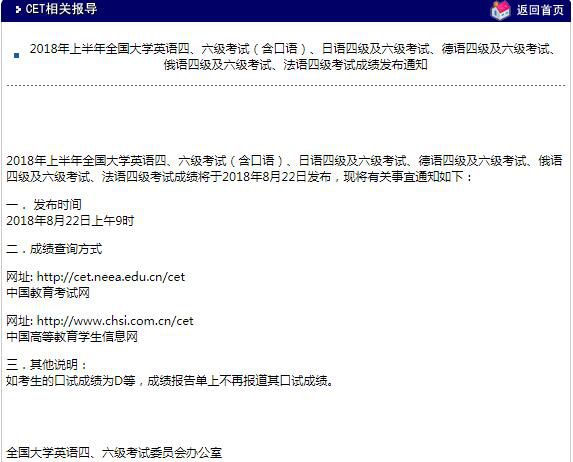GMAT考试:Argument写作范文二十
|
39. First, the argument turns on the assumption that the 99 percent of Avia passengers who did not complain were happy with the airline's baggage-handling procedures. However, the author provides no evidence to support this assumption. The fact that, on the average, 9 out of 1000 passengers took the time and effort to formally complain indicates nothing about the experiences or attitudes of the remaining 991. It is possible that many passengers were displeased but too busy to formally complain, while others had no opinion at all. Lacking more complete information about passengers' attitudes, we cannot assume that the great majority of passengers who did not complain were happy. Secondly, in the absence of information about the number of passengers per flight and about the complaint records of competing airlines, the statistics presented in the memorandum might distort the seriousness of the problem. Given that most modern aircraft carry as many as 300 to 500 passengers, it is possible that Avia received as many as 4 or 5 complaints per flight. The author unfairly trivializes this record. Moreover, the author fails to compare Avia's record with those of its competitors. It is possible that a particular competitor received virtually no baggage-handling complaints last year. If so, Avia's one percent complaint rate might be significant enough to motivate customers to switch to another airline. In conclusion, the author has failed to demonstrate that a review of the baggage-handling procedures at Avia Airlines is not needed to maintain or increase the number of Avia's passengers. To strengthen the argument, the author must at the very least provide affirmative evidence that most Avia passengers last year were indeed happy with baggage-handling procedures. To better evaluate the argument, we would need more information about the numbers of Avia passengers per flight last year and about the baggage-handling records of Avia's competitors. 40. In the second place, increasing sales by lowering the price of sugar will not yield an increase in income unless the increase in sales is sufficient to overcome the loss in income due to the lower price. This raises three questions the author fails to address. First, will a price decrease in fact stimulate demand? Second, is demand sufficient to meet the increase in supply? Third, can Sacchar increase the sugar production sufficiently to overcome the deficit? In the absence of answers to these questions, we cannot assess the author's proposal. |








